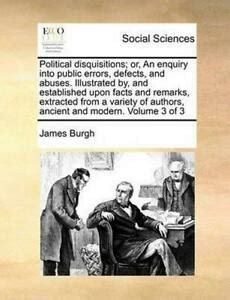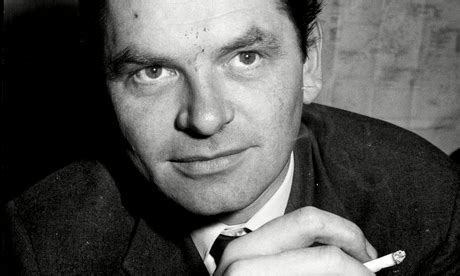A Quote by Arthur Schopenhauer
Every miserable fool who has nothing at all of which he can be proud, adopts as a last resource pride in the nation to which he belongs; he is ready and happy to defend all its faults and follies tooth and nail, thus reimbursing himself for his own inferiority.
Related Quotes
A happy but miserable state in which man finds himself from time to time; sometimes he believes he is happy by loving, then suddenly he finds how miserable he is. It is all joy, it sweetens life, but it does not last. It comes and goes, but when it is active, there is no greater virtue, because it makes one supremely happy.
Dantes passed through all the stages of torture natural to prisoners in suspense. He was sustained at first by that pride of conscious innocence which is the sequence to hope; then he began to doubt his own innocence, which justified in some measure the governor's belief in his mental alienation; and then, relaxing his sentiment of pride, he addressed his supplications, not to God, but to man. God is always the last resource. Unfortunates, who ought to begin with God, do not have any hope in him till they have exhausted all other means of deliverance.
Among those whose reputation is exhausted in a short time by its own luxuriance are the writers who take advantage of present incidents or characters which strongly interest the passions, and engage universal attention. It is not difficult to obtain readers, when we discuss a question which every one is desirous to understand, which is debated in every assembly, and has divided the nation into parties; or when we display the faults or virtues of him whose public conduct has made almost every man his enemy or his friend.
No kingdom can be secured otherwise than by arming the people. The possession of arms is the distinction between a freeman and a slave. He, who has nothing, and who himself belongs to another, must be defended by him, whose property he is, and needs no arms. But he, who thinks he is his own master, and has what he can call his own, ought to have arms to defend himself, and what he possesses; else he lives precariously, and at discretion.
The foundation of humility is truth. The humble man sees himself as he is. If his depreciation of himself were untrue,... it wouldnot be praiseworthy, and would be a form of hypocrisy, which is one of the evils of Pride. The man who is falsely humble, we know from our own experience, is one who is falsely proud.
The settler makes history and is conscious of making it. And because he constantly refers to the history of his mother country, he clearly indicates that he himself is the extension of that mother country. Thus the history which he writes is not the history of the country which he plunders but the history of his own nation in regard to all that she skims off, all that she violates and starves.
By Liberty I understand the Power which every Man has over his own Actions, and his Right to enjoy the Fruits of his Labour, Art, and Industry, as far as by it he hurts not the Society, or any Members of it, by taking from any Member, or by hindering him from enjoying what he himself enjoys. The Fruits of a Man's honest Industry are the just Rewards of it, ascertained to him by natural and eternal Equity, as is his Title to use them in the Manner which he thinks fit: And thus, with the above Limitations, every Man is sole Lord and Arbitrer of his own private Actions and Property.
The good citizen will demand liberty for himself, and as a matter of pride he will see to it that others receive the liberty which he thus claims as his own. Probably the best test of true love of liberty in any country is the way in which minorities are treated in that country. Not only should there be complete liberty in matters of religion and opinion, but complete liberty for each man to lead his life as he desires, provided only that in so doing he does not wrong his neighbor.








































